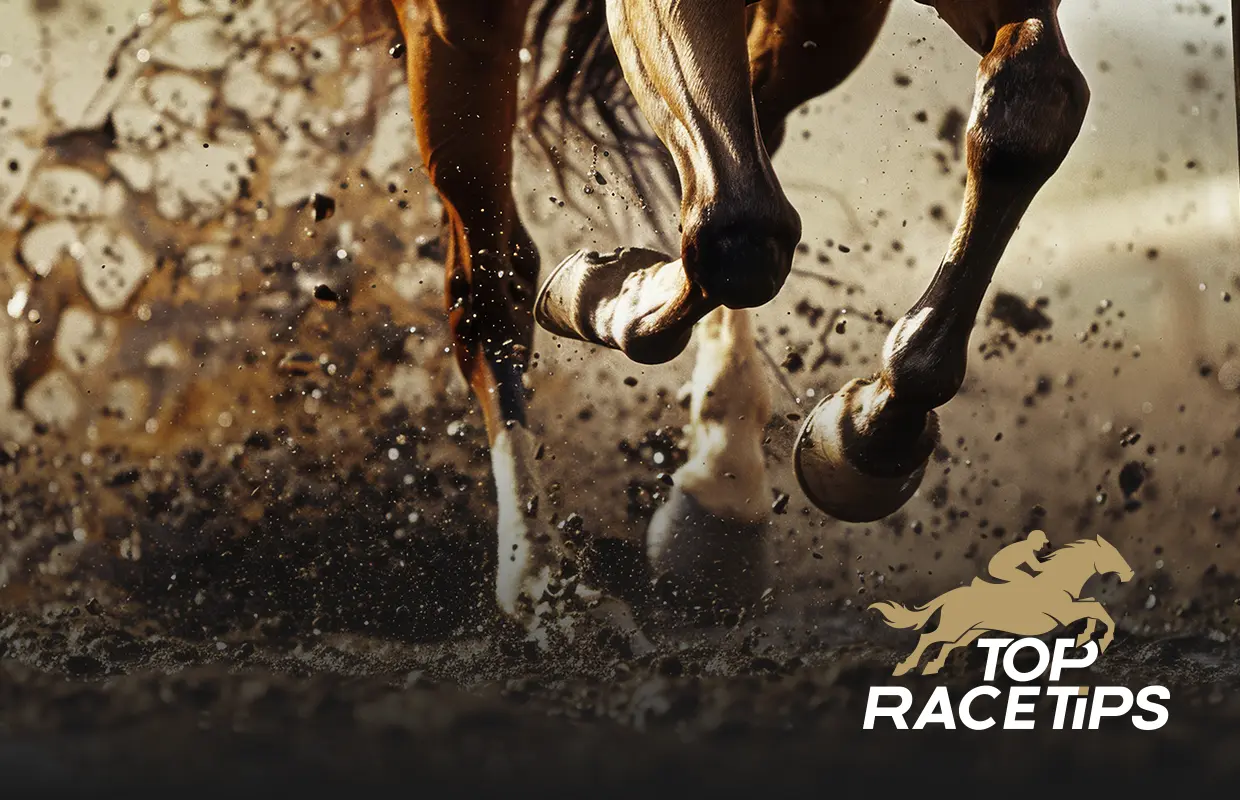
Horse Racing has its own language. There are terms for just about everything, whether the horse falls, pulls up, refuses, or is even carried out. One of the more confusing terms for newcomers is "ran out."
What does "ran out" mean in horse racing? In simple terms, a "ran out" occurs when a horse turns and leaves the prescribed course or runs around an obstacle instead of clearing it. The horse is still moving forward, but just not in the right place, and once that happens, that’s it. The horse is a runner immediately disqualified and marked as a non-finisher.
When you see a horse "ran out," it doesn't mean the horse just got tired or quit the race. It means something entirely different.
Imagine a runner in a marathon. Instead of continuing on their track, they decide to make a quick left turn onto a side street. They are still running, but they are no longer in the marathon; therefore, they are out of the race. This is what occurs when a horse "runs out."
This usually occurs in jumping races. A horse is supposed to jump over a fence or hurdle. Instead of jumping, sometimes a horse just runs around the fence or hurdle and continues. The crowd notices that something is odd, the riders are confused, and the race officials mark the results with an "O" for ran out.
There are no hard and fast reasons, but there are two reasons particularly prevalent.
Even jockeys can lose their balance or get stuck in traffic, while sometimes they misjudge the approach to a fence. If the jockey loses control of the horse, the horse may take the easy route and go around the fence instead of over it.
Some horses get a little nervous at fences, some get spooked by the crowd, and some simply do not feel like playing along today. You will know in those instances, because a horse will drift, dodge a jump or steer directly for the rails. Remember, a refusal is a horse that is stopped dead, a run out is a horse that's still running, just not in a legal manner.
In horse racing, everything is documented in shorthand. If you look at a racecard or results page, you will see letters and numbers next to horses' names.
So if your favorite horse appears with an "O" in its record, it does not mean they are lazy. It means they ran out of the race because, in a prior race, they took the wrong course and got disqualified.
When a horse runs out, the decision is permanent:
As for bettors, your horse ran out. Your bet is gone. No refunds, no payout.
Horse racing has many different ways for a runner not to finish. Though there are other ways for a runner to not finish the race, here is how "ran out" fits into the mix:
This systematic approach helps fans and spectators so they understand the sport just a little better, particularly when they are reviewing past player input.
So what does "ran out" mean in horse racing? It is when a horse refuses to follow the plan. It can be skipping a fence or running off the track entirely. The horse is disqualified, and the race proceeds without them and the punters are left with nothing but frustration.
It is one of those terms that sounds easy but carries lots of meaning in the racing world. The next time you see an "O" in the results, you will know what happened, and you will appreciate just how unpredictable horse racing can be.
It means a horse has left the course or avoided a jump. If this happens, the horse is disqualified and marked with an "O" on the racecard.
Jockey's errors will make a horse run out, and sometimes a horse could run out due to its behavior, nerves, or fear, which makes them swerve at fences.
"Ran out" looks like the letter "O," which signals the horse ran off course, and did not finish.
The horse would be disqualified, the bettors lose their stakes, and the trainers review what caused it.






You must be logged in to post a comment.
Ride with The Best